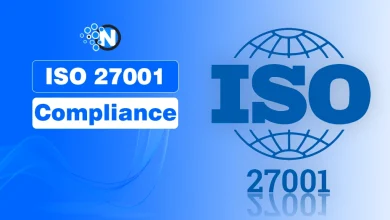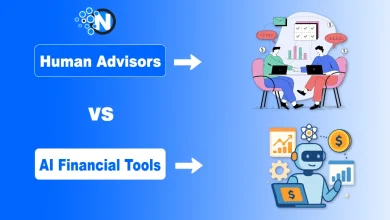The Change Healthcare clearinghouse is one of the nation’s largest clearinghouses, responsible for processing nearly 50% of medical claims in the United States. Since the third week of February, however, it has sustained outages due to recent cyber attacks. A clearinghouse is a platform that allows data transfer between providers and payers. These attacks are posing a real threat to information processing, with the most recent attacks affecting the handling of billing for over 67,000 pharmacies across the United States.
It is because of these threats that experts in the field are working to build redundant payer systems. This means establishing communications with multiple clearinghouses in an attempt at decentralization. While no single system is immune to cyberattacks, decentralization is the key to de-risk and ensure backup systems. In addition, sending all transactions through one clearinghouse can cause delayed payments and lead to huge financial risk. The inability to submit medical claims results in potentially millions of dollars being left unable to be paid and fulfilled.
The future of information and data processing is establishing decentralized communication systems and ensuring redundancy. This heavily relies on choosing the right system that is not only modern but is also able to communicate with multiple clearinghouses with ease. The optimal solution will also be highly scalable and adaptable. This will most importantly able to remain operational during outages.
In a world where cyber attacks are becoming more and more frequent, it is nearly impossible to eliminate the threat. Therefore, the next best solution is to diminish the effects of those threats With payer redundancy, even if any single clearinghouse experiences any type of outage, payer requests can still go through and operations can run smoothly. These solutions are the backbone of preparing for the threats of the future and ensuring the success of tomorrow.

Source: Orbit Healthcare




